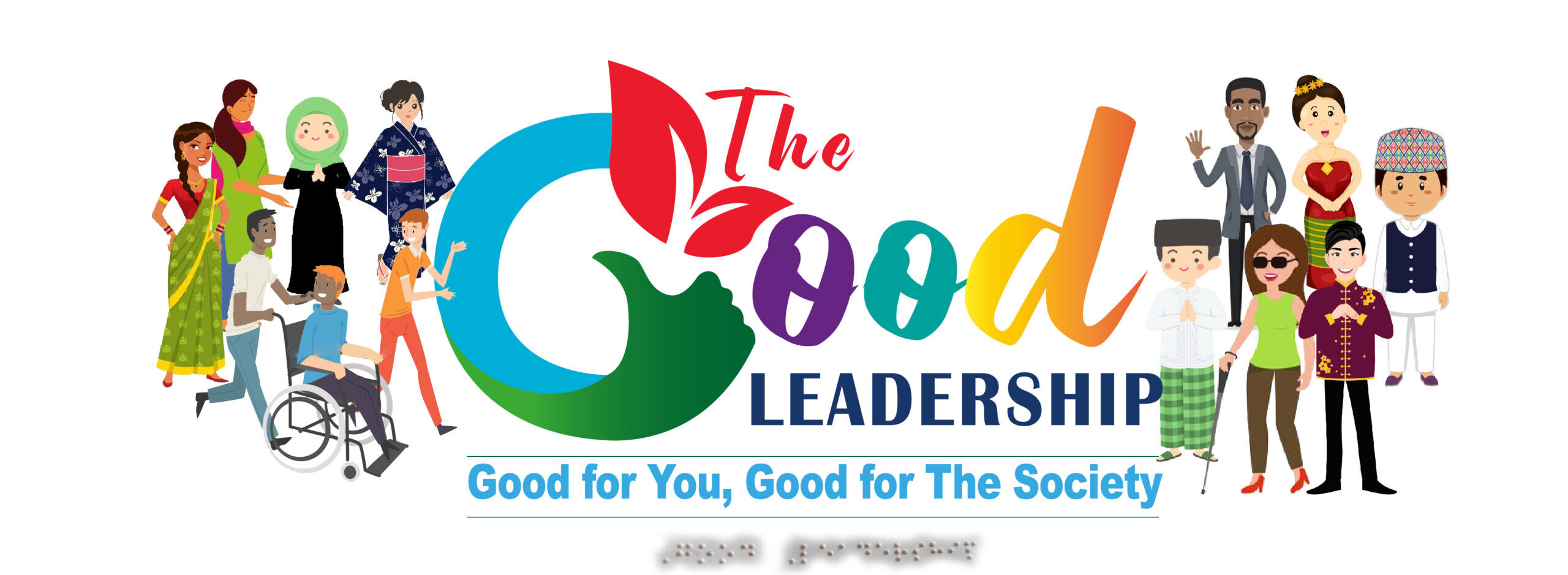Education for Sustainable Development, Climate and Biodiversity Actions
On Education for Sustainable Development
Education for Sustainable Development, together with Education for Climate Action, is an indispensable to create not only awareness but also to forge and deliver advocacy focused actions at micro levels, starting from schools.
In relation to Education for Climate Action, the Climate COP 28 held in Dubai in 2023 was instrumental in the launch of the Declaration on the Common Agenda for Education and Climate Change, an important though not binding blueprint.
The work carried out by The Good Leadership in this area is inspired and driven by the “Education for Sustainable Development: a Roadmap/ESDfor20230” developed by UNESCO.
Through this area, The Good Leadership Academy will help participants answer the following questions:
- How can individual students or eco/green clubs design and deliver micro activities focused on creating awareness on sustainable development and climate action?
- What is the theory framework of Educational for Sustainable Development?
- How to shift from theory to action?
- What are some of the best practices around the world in the field of Education for Sustainable Development and Education for Climate Action?
- How to put the Declaration on the Common Agenda for Education and Climate Change into action?
On Climate, Biodiversity and Plastic
It’s more and more important for students from all the backgrounds and fields of study to understand the key issues framing the debate on climate action, especially some of the technicalities like review of latest evidence, the outcomes of the main Conferences of Parties and the sensitive issues of Loss & Damage and climate financing.
Complementary to discussing, sharing core issues related to climate and biodiversity, there is also the fundamental process of the ongoing negotiating for the Global Plastic Treaty aimed at eliminating plastic waste and hopefully minimize and reduce the presence and role of plastics in our society.
Some of the topics/themes discussed under this are centered on:
- Understanding Climate Negotiations: The Foundations
- What are the Nationally Determined Contributions (NDCs)? How do they work?
What are the National Adaptation Plans (NAPs) and how do they work? What about the
Local Adaptation Plan for Action (LAPA)?
- What are the National Biodiversity Strategy and Action Plan (NBSAP)?
- Climate Financing: governance, multilateral institutions and key issues
- Loss and Damage Fund: why is it so important and why is it still so hard to implement ?
- The Linkages between Climate and Biodiversity: Towards the COP 29 and COP 16
- Understanding the Paris Agreement and the Kunming Montreal Global Biodiversity Framework
- What is Education for Climate Action and Education for Sustainable Development?
- The Linkages between SDGs, Climate and Biodiversity Action
- The role of urban spaces in the fight against climate change
- The contention issues of Carbon Capture and Storage: An Introduction
- Foundations of International Environmental Law and Climate Litigation
- Carbon and Biodiversity Credits: An Introduction
- Foundations of Circular Economy
- Key aspects of the negotiations related to the Global Plastic Treaty
Through this area, The Good Leadership Academy will help participants answer the following questions:
- How can I get the basics on climate and biodiversity action right?
- How to shift from basic understanding of climate and biodiversity related core issues to a more advanced knowledge of them?
- How can I become knowledgeable on climate and biodiversity?
- What are the most important and intricate aspects of climate and biodiversity negotiations?
- How can I advocate for climate and biodiversity action?
- What are the key issues related to attempts to reduce and eliminate usage of plastic? How to enhance circular economy?
- What is environmental law and climate litigation?
